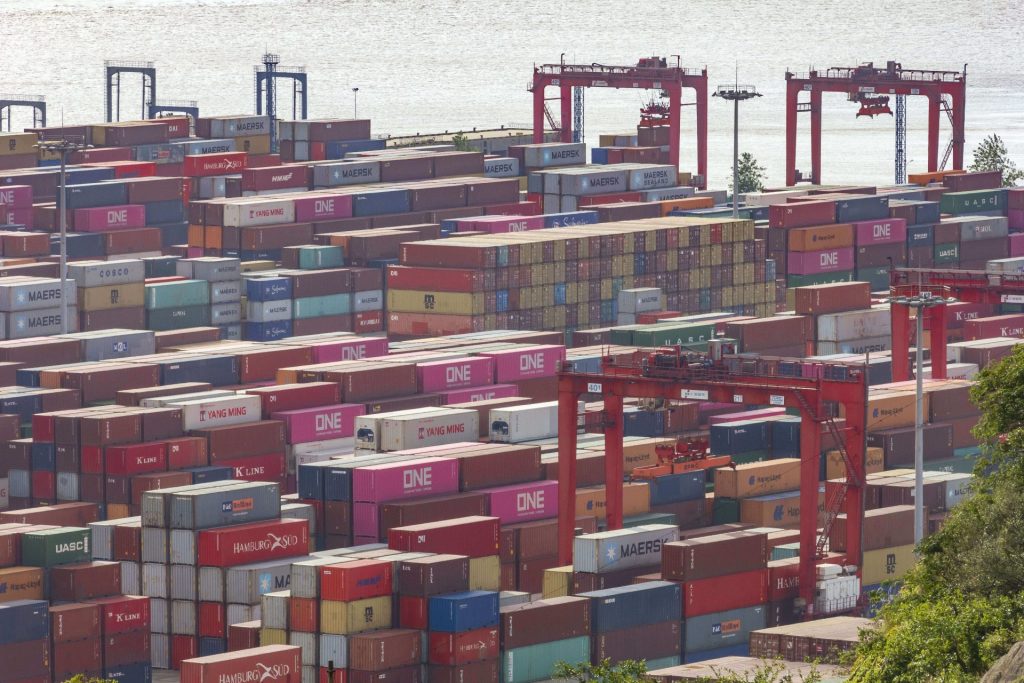What Matters No. 49
(This article is a translation of the original Burmese language version that ISP-Myanmar posted on its Facebook page on September 20, 2021.)











Along with the political turmoil in Myanmar following the coup, massive public campaigns against the military have erupted. The SAC’s response to the political turmoil has resulted in closed businesses, strained banking systems, and a reduced amount of cash in circulation. Economic sanctions imposed by the international community have also severely damaged the credibility and reputation of Myanmar as a trade partner, resulting in a collapse of foreign trade and foreign direct investment on all fronts. Myanmar’s foreign trade value plunged more than half to US$ 1.7 billion for the month of February 2021, immediately following the coup, compared with more than US$ 3.6 billion in January 2021, according to statistics released by the SAC. Total two-way trade value across border posts has significantly declined since the coup.
Export garment factories that employed about 500,000 local workers have gradually wound-down operations over the six months to the end of August 2021, while foreign projects worth billions of dollars have been terminated. However, the SAC said it could withstand sanctions and survive with the cooperation of only a few neighbors (notably China and Russia). Historically, the Myanmar military staged a coup after a crackdown on 1988 pro-democracy protests, refused to reinstate the National League for Democracy, the 1990 general election winner, and arrested and persecuted human rights activists. Western countries, including the United States, then imposed sanctions on Myanmar. Yet international pressure did not succeed as expected since neighboring countries – China, Thailand other ASEAN member states and other countries in the region maintained economic ties with Myanmar.
Trade plays a vital role in the survival of any state or administrative institution. Myanmar’s foreign trade figures since the coup have thus been presented in the “What Matters” monthly analysis. The analysis highlights evidence that illustrates the changing trade situation, contrasting data before and after the coup and assessing which countries have become more reliable trade partners since the coup. Analysis is mainly focused on the status of Myanmar’s trade with China, its largest trade partner and the mainstay of the SAC.
∎ Why does it matter?
The impacts of the post-coup economic crisis, and the western sanctions on Myanmar’s foreign trade, will have a pivotal effect on Myanmar’s economic and democratic reforms. Economic performance reflects a wide range of foreign political and economic considerations, which will help to illustrate the role of foreign countries in Myanmar’s democratization efforts.
∎ Other relevant readings
Domestic and foreign trade statistics are available on the official website of the Ministry of Commerce on a monthly and yearly basis, as well as trade valuations from the same period. In addition, the figures and statistics from the World Bank and the annual reports released by the Asian Development Bank are available for comparison.

